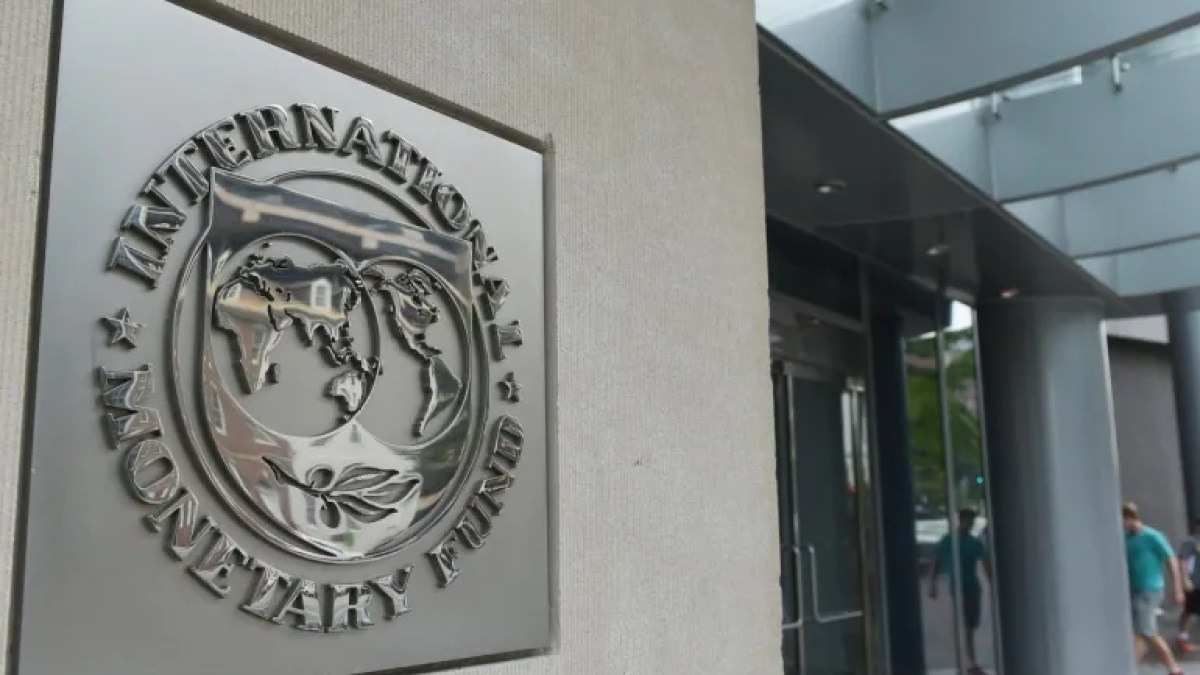The IMF agreed to lend Egypt $8 billion after measures taken by the Central Bank of Egypt (Getty)
On Wednesday, the International Monetary Fund approved an $8 billion loan to Egypt, an increase of $5 billion from what was previously being talked about, which was $3 billion.
The agreement was signed after the devaluation of the Egyptian pound against the dollar, as its price rose from about 30.85 pounds to more than 49 pounds, as part of the Central Bank of Egypt’s adoption of a more flexible exchange rate in response to the International Monetary Fund’s support program.
Egyptian media said, earlier today, that Cairo and the International Monetary Fund will announce a new financial loan agreement within hours, after economic reform steps recently implemented by Egypt.
The new financing agreement would improve Egypt's economic situation and attract more foreign currencies.
The head of the Fund’s mission to Egypt, Ivana Vladkova Hollar, said in a press conference in Cairo that two deferred reviews of the program had been agreed upon.
For his part, Egyptian Prime Minister Mostafa Madbouly said that Egypt expects to receive additional financing worth $1.2 billion from the International Monetary Fund.
Monetary policy
This step comes after the Central Bank of Egypt announced, in a statement this morning, that the Monetary Policy Committee decided to raise the interest rate by 600 basis points.
The bank stated that the overnight deposit and lending rates and the bank’s main operation rate were raised by 600 basis points to 27.25%, 28.25%, and 27.75%, respectively.
The credit and discount rates were also raised by 600 basis points to reach 27.75%.
Commenting on this, banking expert Hani Adel said that the Central Bank’s measures taken today would create a state of stability in the exchange rate of the Egyptian pound, provide the dollar for import and release goods held in Egyptian ports as a result of the scarcity of foreign currency.
He explained to Al Jazeera Net that raising interest by 6% increases credit restrictions on companies in financing, but he ruled out that interest rates would continue at their levels for a long time.
In the medium and long term, Adel says that there is a need to reduce dollar spending in Egypt, which is directed abroad for import, by providing local alternatives to goods through work between the public and private sectors, noting that Egypt imports the majority of goods, even requirements for the production of manufactured goods. Locally in dollars.
A banking source, who declined to be named, told Al Jazeera Net that a number of banks have begun providing dollars to importers, and that the pending requests during the last period have been met.
Source: Al Jazeera + agencies

